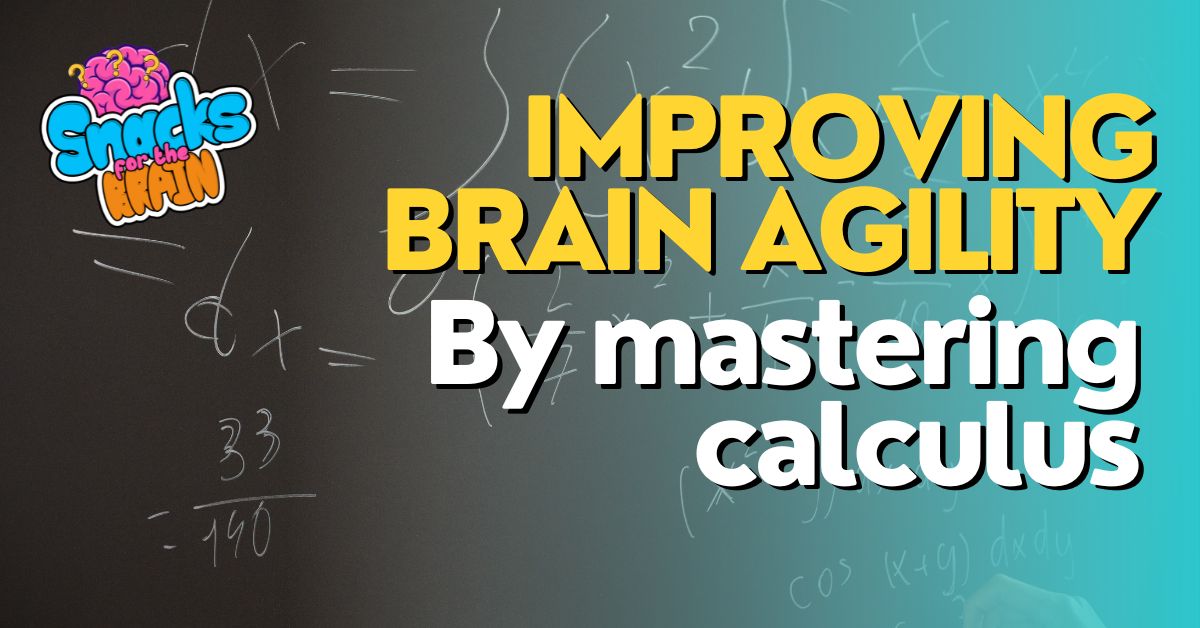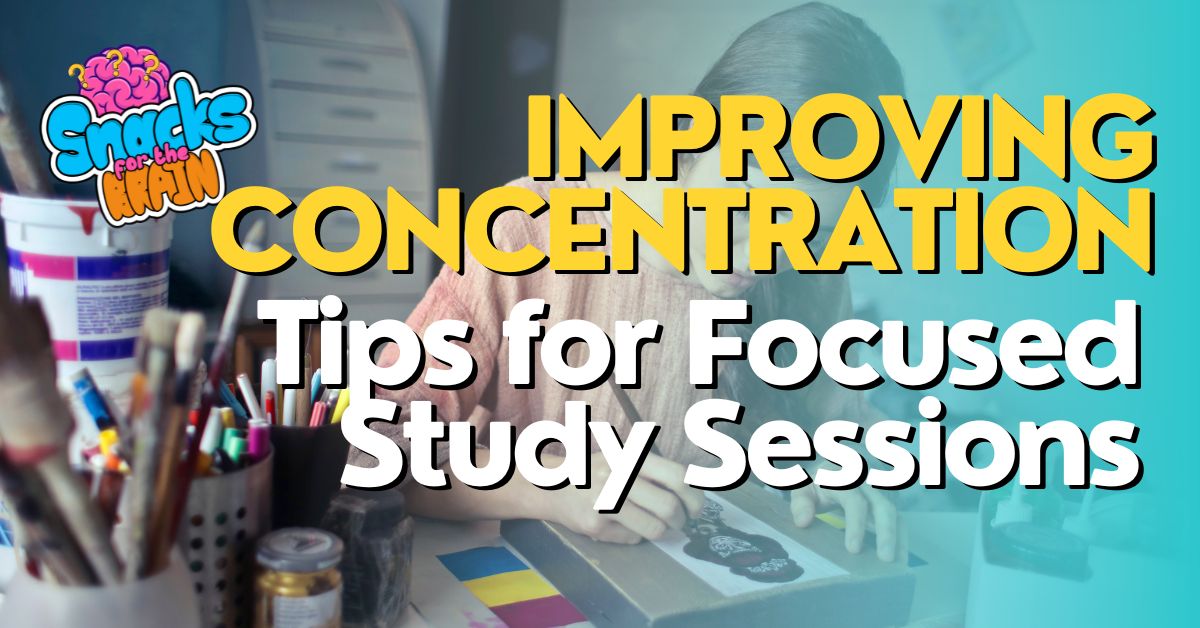Memory is a fundamental tool in people’s learning and cognitive development. However, we often forget important details of what we have learned, which can make it difficult to apply our knowledge in practice.
Fortunately, there are several techniques and strategies we can use to improve our memory and remember what we have learned more effectively.
In this article, we will explore some of the most effective techniques for remembering what we have learned, and how we can apply them in our day-to-day lives to improve our performance in various areas of our lives.

Why maintain a good memory?
Maintaining a good memory is important for several reasons:
- Learning: Memory is essential for learning. When we remember information, we can build on it, make connections and improve our understanding of a subject.
- Decision making: Memory helps us make informed decisions. If we remember relevant information, we can make more accurate and better informed decisions.
- Productivity: A good memory allows us to be more productive. When we remember important information, we can work more efficiently and avoid mistakes.
- Communication: Memory is critical for communication. If we can remember names, facts and important details, we can have more meaningful conversations and demonstrate our interest in the people we interact with.
In general, having a good memory helps us to be more effective in our work, study, and daily life, which can have a positive impact on our quality of life.
SOME FACTS ABOUT THE CYCLES OF REMEMBERING AND FORGETTING
The process of remembering and forgetting information is complex and has been studied extensively in the field of cognitive psychology. Some interesting facts about the cycles of remembering and forgetting include:
The forgetting curve: according to German psychologist Hermann Ebbinghaus, we forget approximately 50% of the information we learn within 20 minutes if we do nothing to remember it. This rate of forgetting continues to gradually decrease as time passes, but if we do not review the information regularly, we are likely to forget most of what we learned.
- After one hour, more than half of the original material is forgotten.
- After 9 hours, 60% of the original material is lost.
- After a month, 80%.
The speed with which we forget depends on several factors, such as:
the difficulty of the subject studied,
its mnemonic representation (the rules we use to learn and memorize);
psychological and physiological factors such as motivation, stress and sleep.
- We remember more easily when we are motivated and something seems important and difficult to remember on a conscious level. What we learn when we are unmotivated or far from knowledge because we find it more difficult to construct visual or verbal representations to support it.
- Spaced repetition: Spaced repetition is a memorization technique based on the idea that the brain retains information better when it is reviewed at regular intervals. By spreading repetitions over time, you can take advantage of the forgetting curve to recall more information over the long term.
- The primacy and recency effect: The primacy effect refers to the tendency to better remember information that was learned at the beginning of a list, while the recency effect refers to the tendency to better remember information that was learned at the beginning of a list, while the recency effect refers to the tendency to better remember information that was learned at the beginning of a list.

Hermann Ebbinghaus discovered that most memory loss occurs immediately after learning, known as the “forgetting effect”. This means that if we do not review information soon after learning it, we are more likely to forget it.
In fact, Ebbinghaus developed a forgetting curve that shows how memory decays over time if information is not reviewed. According to this curve, in the first few hours after learning, most information is quickly forgotten. However, if the information is reviewed, the forgetting curve smoothes out and retention of the information improves.
This highlights the importance of frequent review and revision in the learning process and retention of information. By reviewing information soon after we have learned it, we are strengthening the retention of information and increasing our ability to remember what we have learned in the long run.
TECHNIQUES FOR REMEMBERING WHAT WE LEARN: MENTAL REPRESENTATIONS
Mental representations are an effective strategy for remembering what we have learned. By creating a vivid and detailed mental image of the information we want to remember, we are helping to consolidate the recall in our memory. Below are some mental representation techniques that can help improve recall:
- Mind maps: Mind maps are a visual way of organizing information in a clear and structured way. By creating a mind map, information can be organized in a way that makes sense to us, thus facilitating understanding and recall of the information.
- Mnemonic rules: Mnemonic rules are association and linking techniques that help us remember information using words or images that have a meaningful connection to the information we want to remember. For example, to remember a list of words such as “apple, book, car, airplane,” we might imagine an apple in a book sitting in the back seat of a car while an airplane flies overhead.
- Visualization: Visualization involves creating a vivid mental image of the information we want to remember. For example, if we want to remember a phone number, we might visualize the number in an image of a phone we are using to make a call.
- Association: Association involves connecting the information we want to remember with something we already know or that is meaningful to us. For example, if we want to remember the name of a new person, we may associate it with someone we know who has the same name or with a distinctive physical characteristic.
In general, mental representations are a powerful tool for improving recall and retention of information. By using visualization techniques, association and organization of information, we can create a clearer mental image of a new person’s name and, if we are able to do so, we can create a clearer and more accurate picture of the person’s name.

TECHNIQUES FOR REMEMBERING WHAT WE HAVE LEARNED: SUPERVISION
Monitoring is a technique for remembering what we have learned that is based on repetition and active practice of the information. By monitoring our own understanding and retaining information intermittently, we are encouraging more effective retention of information.
Tony Buzan, a British psychologist and expert in learning techniques, has highlighted the importance of repetition and review in the learning and memory process. Repetition is necessary to consolidate information in our long-term memory and facilitate the connection with new learning.
An effective way to apply the monitoring technique is to interrupt our reading or study every so often to reflect and review what we have just learned. We can summarize the information in a word or phrase, or relate it to something we already know. These small acts of conscious review are a very effective tool for retaining information and helping to fix it in our long-term memory.
In addition, monitoring can also be used in active practice of the information. For example, instead of simply reading about a topic, we can try to explain the information to someone else, or perform practical exercises to put into practice what we have learned. By actively practicing the information, we are reinforcing our understanding and encouraging more effective retention in our memory.
In summary, the monitoring technique is an effective way to remember what we have learned, either through conscious reflection on the information or through active practice. Repetition and review are key components in this process, and are fundamental to consolidating the information in our long-term memory.
But what we learn must be kept alive, not easily forgotten, and for this we must review the material over time, periodically, because it is well known that there is a close relationship between repetition over time and the effectiveness of retention.
Practical tips and exercises to remember what you have learned and to improve your memory.
In this section, you will find a variety of practical tips and exercises that you can apply to improve your memory, including memorization techniques, strategies to improve information retention and memory training exercises.
By applying these tips and performing the exercises, you will be well on your way to improving your memory capacity and retaining the information you need to succeed in your personal and professional life.
Practical tips to improve memory
Here are some practical tips that can help you apply these techniques:
Start with small changes: Instead of trying to implement all the techniques at the same time, start by making small changes in your day-to-day life. For example, you can start by dedicating a few minutes of time to your daily routine.

What to take to improve memory?
Before going into this point, it is important to emphasize that before changing diet or taking any natural or medicinal product, it is necessary to consult a doctor or a dietician to ensure the correct adequacy of the same to the personal characteristics of each person.
There are several nutrients that have been shown to help improve memory and cognitive function in general. Some of the nutrients that may be beneficial include:
- Omega-3 fatty acids: found in fatty fish such as salmon and mackerel, as well as fish oil supplements.
- B vitamins: including vitamin B12, which is found in foods such as meat, fish and dairy products.
- Antioxidants: including vitamins C and E, found in fruits and vegetables.
- Caffeine: may temporarily improve cognitive performance, but should be consumed in moderation.
In addition to nutrients, there are some herbs and supplements that are believed to improve memory and cognitive function. Some of these include ginkgo biloba, Bacopa monnieri, ginseng and ashwagandha. However, it is important to talk to a doctor before taking any supplements, as they may interact with other medications and have unwanted side effects.
What is the best vitamin for brain and memory?
There is no single vitamin that is considered the best for brain and memory. In fact, memory and brain function are influenced by a variety of nutrients and compounds, so a balanced diet containing a variety of nutrients is recommended.
However, some nutrients and compounds that have been associated with improved memory and brain function include:
- Omega-3 fatty acids: Found in fatty fish such as salmon, mackerel and herring, as well as in nuts and seeds such as walnuts and chia.
- B-complex vitamins: Including vitamins B6, B12 and folic acid, they are found in a variety of foods such as fruits, vegetables, nuts, whole grains and lean meats.
- Vitamin E: Found in foods such as nuts, seeds, vegetable oils and green leafy vegetables.
- Flavonoids: Found in foods such as berries, apples, tea and red wine.
It is important to note that supplementation with specific nutrients is not recommended without the recommendation of a health professional, as there may be side effects and possible interactions with other medications.
In addition, maintaining a balanced diet and a healthy lifestyle are important factors in maintaining good brain health and memory.
youtube videos
Conclusion
In conclusion, the ability to remember what we learn is essential to the process of learning and personal development. Fortunately, there are many techniques and strategies we can use to improve our memory and retain information more effectively.
In this article, we have explored some of the most effective techniques for remembering what we learn. From motivation and attention to creating mental representations and using conscious repetition, each technique has its own set of benefits and can be adapted to different learning styles.
It is important to remember that memory is a dynamic process that can be improved through practice and constant engagement. By applying these techniques and strategies in our daily lives, we can significantly improve our ability to effectively retain and recall information.
Ultimately, our ability to remember what we learn has a significant impact on our ability to grow and develop as individuals. By investing in our memory and learning skills, we are investing in our own potential and our future.






Pingback: Design Thinking: A Structured Approach to Creative Problem-Solving - BrainSnhacks
Pingback: The Impact of Chronic Stress on Brain Health and Function - BrainSnhacks